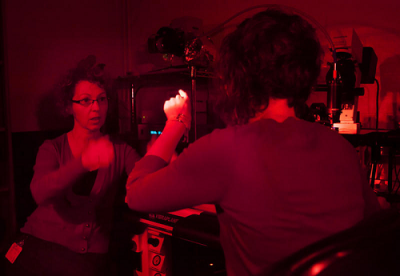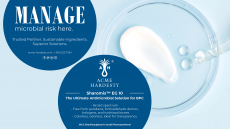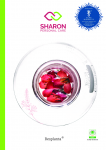Scientists find topical treatment that may prevent skin cancer
While incidents of melanoma continue to increase despite the use of sunscreen and skin screenings, Penn State Hershey Melanoma Center researchers say the topical compound may help further prevention.
"The steady increase in melanoma incidence suggests that additional preventive approaches are needed to complement these existing strategies," said Gavin Robertson, Ph.D., director of Penn State Hershey Melanoma Center.
Possible alternative to surgery
Currently, surgical excision is used to remove melanocytic lesions or prevent development into more aggressive cancer. The researchers claim that topical ISC-4 treatment could potentially be an alternative to surgery for some patients.
"Topical or localized treatments, such as those we propose for ISC-4, could permit the use of high local concentrations with minimal toxicity and be useful for treating cutaneous lesions not amenable to surgical removal or other currently available approaches," Robertson said.
"With more than $1bn spent on sunscreen every year in the United States, the market for skin cancer prevention is enormous and continues to grow," Robertson said. "Addition of agents such as ISC-4 to sunscreens, body lotions or creams could have a profound impact on this market for preventing melanoma."
Study targeted protein Akt3
In their studies, researchers targeted the protein Akt3, which plays a central role in 70 percent of melanoma by preventing cell death and has the potential to prevent early stages of melanoma.
"The Akt3 signaling pathway is deregulated in the majority of melanomas, making it a promising target which, if inhibited, could correct the apoptotic -- or cell death -- defect in melanocytic lesions, thereby preventing this disease," Robertson explained.
Isothiocyantes, which are naturally occurring compounds found in cruciferous vegetables like broccoli and brussels sprouts that have anticancer properties, were identified as inhibitors of Akt3.
Previous research showed they have low chemotherapy potency on melanoma cells because high concentrations are needed to be effective. To create a more potent version, Penn State Hershey Melanoma Center researchers said they previously developed isoselenocyanates (ISC-4), by replacing sulfur with selenium.
Reduced tumor cell expansion
They then stated how they have found that repeated topical application of ISC-4 can reduce tumor cell expansion in laboratory-generated human skin by 80 to 90 percent and decrease tumor development in mice skin by about 80 percent.
To be an effective preventative agent, a substance needs to kill the melanoma cells while having little effect on normal cells, and researchers found that ISC-4 kills melanoma cells two to five times more effectively than it kills normal cells.
In addition, examination of the treated skin showed no obvious damage to skin cells or skin structure, and treated animals did not show signs of major organ-related toxicity, which the scientists say indicates a potential for use as a topical application.
"ISC-4 prevented melanoma by decreasing Akt3 signaling that led to a three-fold increase in apoptosis rates," Robertson said. "Thus, topical ISC-4 can delay or slow down melanocytic lesion or melanoma development in preclinical models and could impact melanoma incidence rates, if similar results are observed in humans."
















